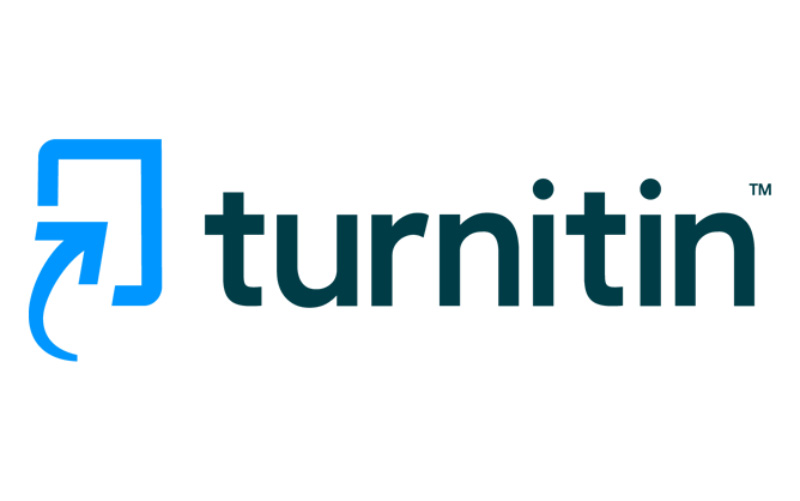HUKUM SEBAGAI INSTRUMEN KEBIJAKAN PUBLIK DALAM IZIN USAHA PERTAMBANGAN BATUBARA
Abstract
Indonesia is known as an international coal supplier, as in Borneo. The March 2007 abare report (Australian bureau research for agriculture and economic resource) has placed Indonesia as the world's largest coal supplier (about 25%) in the world, followed by Australia, South Africa, China, the Russian, Colombian, and United States. Massive uncontrolled coal deployment, one day it's going to cause big trouble. On the negative side, this actually encourages both national and foreign private companies to achieve even greater coal extinctions. Therefore, governments should actually be working on the redefinition and reorientation of the mining exploitation to be truly beneficial to the people.
There are two problems that appear: 1) How is the law as a public policy instrument in coal mining business license?, 2) How does the institutional public policy model in mining permissions? To answer the issue is used descriptive research method analysis so that it is concluded that: Mining Problems in Indonesia lies in the exploitation of coal mining that is so great to overlook the interests of local communities and the environment. The role of law as a public policy instrument can be poured through coal mining permissions. This permission policy uses an institutional public policy model where the government is legitimizing licensing. The legitimacy has implications in the sanctions of any violations in the field of coal mining both in the form of criminal sanctions and administrative sanctions. This policy is also universal.
References
Lubis, M. S. (2007). Kebijakan Publik. Bandung: Mandar Maju.
Rasyid, R. (2000). Makna Pmerintahan, Tinjauan Dari Segi Etika dan kepemimpinan. Jakarta: Mutiara Sumber Widya.
A.L.W, R. Z. (2015). Kajian Politik hukum Tentang Perubahan Kewenangan Pemberian Izin Usaha Pertambangan Meneral dan Batubara. Universitas Diponogoro, 200.
Hardjosoemantri, H. d. (2005). Hukum Tata Lingkungan. Gajah Mada University Press, 339.
Rangkuti, S. S. (2008, Februari 28). Perangkat Hukum Lingkungan : Dari Ius Constitutum, Sekali Lagi, Ke Ius Constituendum,. disampaikan pada seminar "goog Governance and Goog Environmental Governance", 5.
Saleng, A. (2004). Hukum Pertambangan. UII Press, viii.
Website
Anonim. (2007). Sumber Daya Alam Pertambangan dan Industri. Retrieved Maret 23, 2021, from Serial Online: http://www.indonesia.go.id
Anonim. (2009, Desember 19). Batubara : kakayaan Alam Atau Kekayaan Produksi ? Retrieved Maret 23, 2021, from Serial Online: http://justwanttohideaway.blogspot.com
Muhammad, C. (n.d.). Moratorium Pertambangan: Langkah Strategis Menyelamatkan Sumber Daya Mineral Indonesia. Retrieved Maret 23, 2021, from Serial Online: http://users,nlc.net.au/mpi/indon/migas.html
Wikipedia, R. (n.d.). Sumber Daya Alam. Retrieved Maret 23, 2021, from Serial online: http://id.wikipedia.org/wiki
Copyright (c) 2020 Radjikan Radjikan

This work is licensed under a Creative Commons Attribution-NonCommercial 4.0 International License.
Authors whose manuscript is published will approve the following provisions:
-
The right to publication of all journal material published on the WIDYA PUBLIKA journal website is held by the editorial board with the author's knowledge (moral rights remain the property of the author).
-
The formal legal provisions for access to digital articles of this electronic journal are subject to the terms of the Creative Commons Attribution-ShareAlike (CC BY-SA) license, which means Jurnal of WIDYA PUBLIKA reserves the right to store, modify the format, administer in the database, maintain and publish articles without requesting permission from the Author as long as it keeps the Author's name as the owner of Copyright.
-
Printed and electronically published manuscripts are open access for educational, research, and library purposes. In addition to these objectives, the editorial board shall not be liable for violations of copyright law.












